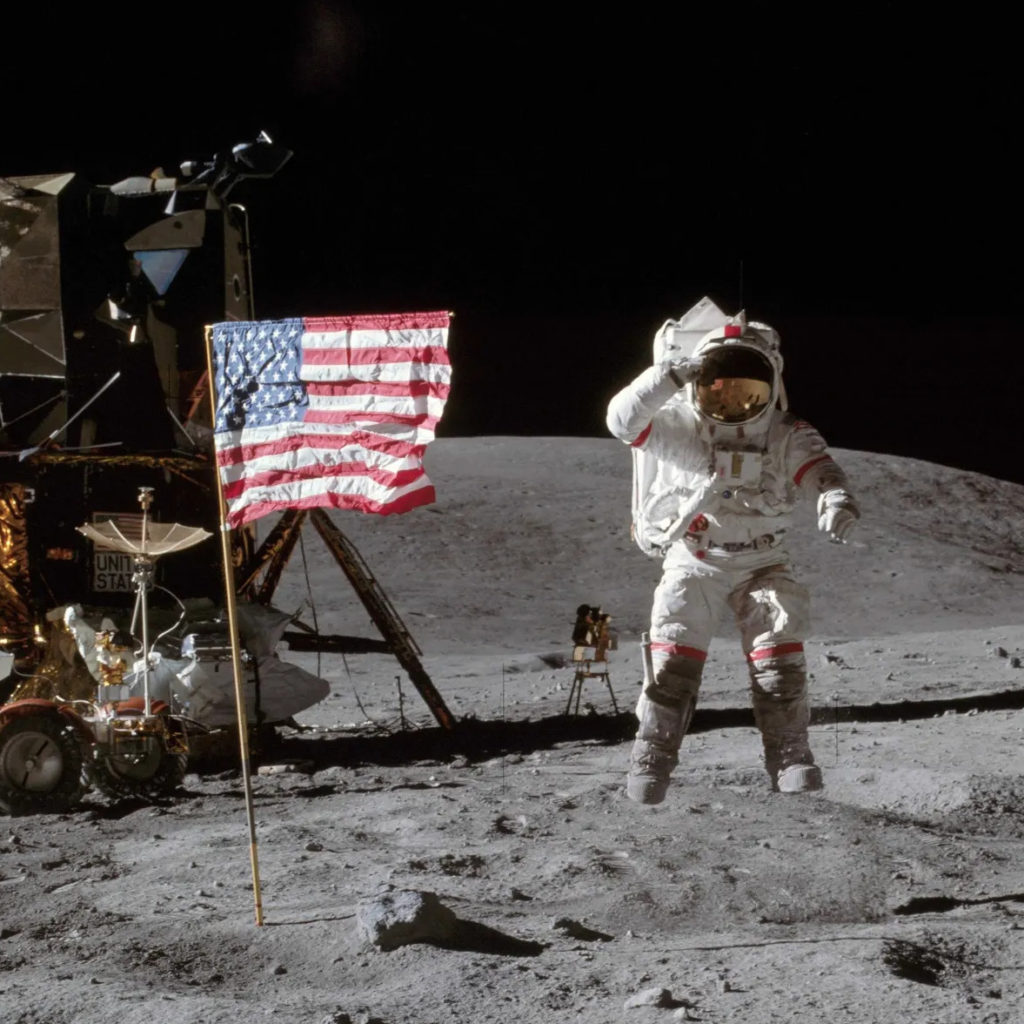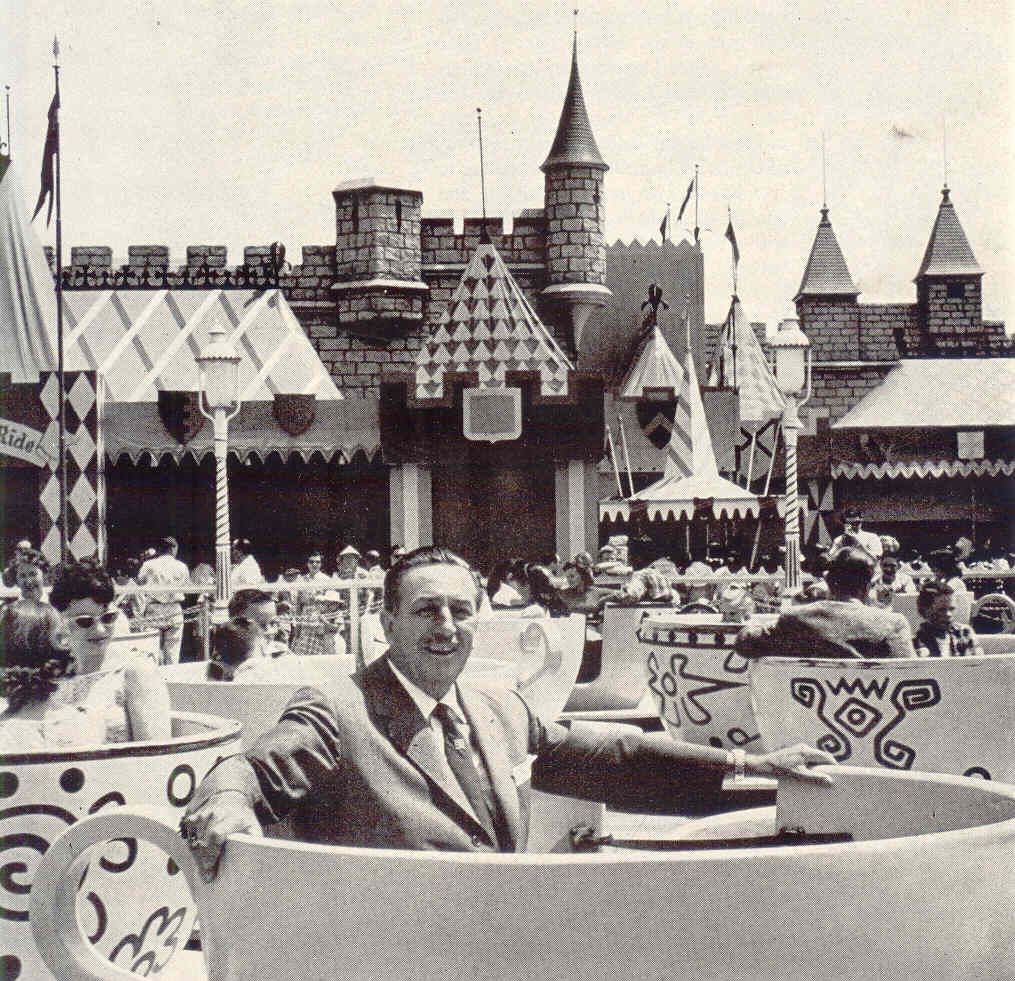July 16 — July 31, 2020
History Matters
Showing our children that their past is prelude to their future

“We have lift off!” Destination: The Moon.
With astronauts Neil Armstrong, Edwin “Buzz” Aldrin, and Michael Collins aboard, Apollo 11 was launched on July 16, 1969 from Cape Canaveral, Florida.
Seventy-six hours and 240,000 miles later, they entered lunar orbit and started preparations for Neil Armstrong’s moon walk. The following day, Armstrong piloted the landing module, Eagle, to its surface; stepped down the ladder—and in a moment that was broadcasted on radios and television all over the world, — he uttered the unforgettable: “That’s one small step for man, one giant leap for mankind.”
In 1961, President Kennedy had challenged the nation to “…commit itself to achieving the goal, before this decade is out, of landing a man on the moon and returning him safely to Earth.”
The Grateful American Book Prize recommends First on the Moon: The Apollo 11 50th Anniversary Experience by Rod Pyle– with a forward by Buzz Aldrin.
****

Walt Disney was a comprehensive innovator of unprecedented creative reach in American entertainment. He pioneered cartoons, feature films, television programming, and–theme parks.
On July 17, 1955 Disneyland opened in Anaheim, CA. History.com called it his “metropolis of nostalgia, fantasy, and futurism” for the kid in all of us. It was arguably the world’s first park that was designed to amuse, and—educate– with its Epcot Center that featured a virtual tour of the world.
Eventually, the success of Disneyland California ramped up a global gobble for more real estate. Disney World Florida, France, Japan, Shanghai, and Hong Kong were next.
The Grateful American Book Prize recommends Disneyland Story: The Unofficial Guide to the Evolution of Walt Disney’s Dream by Sam Gennawey.
****

In 1774, the British fired Benjamin Franklin from his postmaster general position, because of his loyalty to the Rebel cause. A year later — the start of the American Revolution [1775-1783] — he was re-appointed by the Continental Congress. During his tenure, Franklin revamped the hit-or-miss colonial mail system, inaugurated routes from Florida to Maine; the colonies to Britain, and he created a standardized rate chart based on weight and destination.
In late 1776, he was dispatched to France to negotiate a diplomatic alliance.
The U.S. Postal Service was founded on July 26, 1789 under the Constitution. Samuel Osgood, a former Massachusetts congressman, was the first U.S. Postmaster General.
The Grateful American Book Prize recommends Neither Snow Nor Rain: A History of the United States Postal Service by Devon Leonard.
History Matters is a biweekly feature courtesy of The Grateful American Book Prize.




